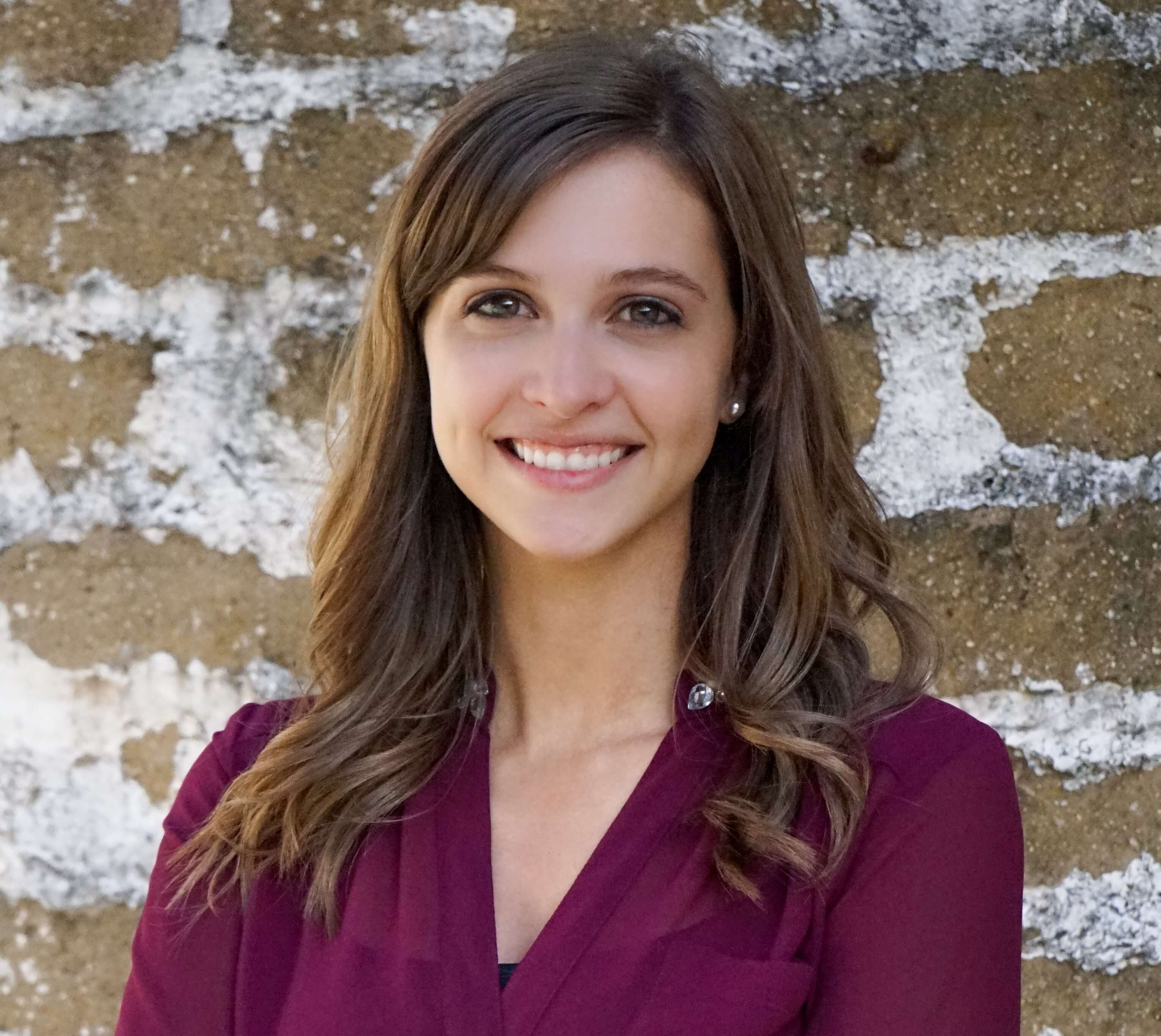Walking Tree Travel has developed tools that will help our travelers mature as global, sustainable leaders before, during and after their travel program. These activities are meant to spark discussion, frame the group’s experience, and have our participants think about environmentalism with a holistic, long term and international perspective. Through our sustainability programs, we want our participants to create positive, sustainable change all while learning to collaborate with people who are different from them and to thrive within different cultures. Additionally, our activities encourage participants to take what they’ve learned abroad and bring those lessons in global sustainable leadership home to their own communities.
Below are the student learning objectives addressed by the GSA, which are key components of becoming global, sustainable leaders. Each activity will address a minimum of two or more of these objectives:
Student Learning Objectives:
The Walking Tree Travel Global Sustainability Activites are divided into three sections: Pre-Program (before students depart on their program), In-Country (during the program), and Post-Program (after students return).
Pre-Program Activities
Our pre-program activities are designed to guide students to think intentionally about their own environmental impact and ways that their daily lifestyles reflect the global nature of commerce and environmental resource use. Students will learn small but significant ways that they can change their own consumption and have the opportunity to practice these changes. Additionally, students will research the organizations they’re working with on their Walking Tree program and learn how Walking Tree’s involvement will help these organizations reach their environmental objectives.
In-Country Activities
Throughout their program, students will be asked to draw on their experiences in the host country to make observations regarding complex environmental and conservation issues. Students will participate in exercises that will teach them to examine their surrounding environment closely, engage with environmental stakeholders, and hone their analytical and diplomatic skills. While conducting these exercises, students will think critically about how they can take the lessons they learned about environmentalism, sustainability and conservation back to their own communities when they return from their trip.
Post-Program Activities and Resources
Students need support and guidance after they return from their program in order to process their time abroad and translate their new skills and perspectives into life back home. This is why we provide activities that promote student reflection, followed by intentional action, in their local community. Students will practice articulating the cultural competence and sustainable mindset they have gained abroad to help them express their experience in college essays, job interviews, and beyond. We also include important resources for students to begin their “service resume” with the United Nations Association of the United States of America (UNA-USA), putting them on the path to becoming engaged and active leaders in their schools and communities. In addition, their service hours completed will go towards a UNA-USA National Merit Award.
Walking Tree also provides resources for parents that help them understand their child’s experiences abroad and support them in adjusting to life back home. Once a participant registers for a program, they will be sent more information regarding this important aspect of our programs.
Meet the GSA Developers
Morrison Mast
Morrison is an environmental educator, sea turtle biologist, macro-wildlife photographer, and Fulbright scholar. He has headed a community-based conservation and sustainable development program in Panama and has worked on several field-based biological research programs in Madagascar, Botswana, Brazil, and Costa Rica. Mast served as the Director of Conservation Programs for Walking Tree Travel from 2014-2018, during which time he designed all of WTT’s wildlife conservation volunteer programs which have brought hundreds of students into the field to work alongside scientists. Morrison’s personal mission is to imbue others with the same awe he has for the natural world, so he is proud to have taken a directorial and advisory role in the creation of WTT’s Global Sustainability Activities.
Becca Sheffield

Adam Estacio
Adam’s experience in sustainability started in Wellington, New Zealand, where he worked as the Sustainability Manager for New Zealand’s fastest growing company, a brewery called Garage Project. There, he helped reduce water use, shrink Garage Project’s carbon footprint, and improve the company’s waste and recycling methods. Adam then went on to work as a sustainability consultant for other New Zealand companies, helping them reduce their own carbon footprints and pushing them towards becoming net carbon zero companies. Adam is also a Walking Tree Alum, having participated in one of travel our program only two years after the organization was started! He has been closely connected to the mission and vision of WTT ever since. Adam has now returned to his hometown of Denver, Colorado, where he is currently working for a company that reduces the food waste created in restaurants across the city.


